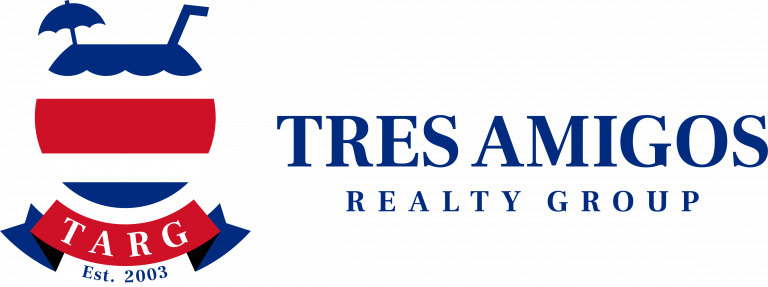Property taxes in Costa Rica, known locally as "impuestos sobre bienes inmuebles" or simply "impuestos municipales," can vary significantly depending the location and the type on ownership structure. Here are some guidelines for how Costa Rica property taxes are calculated, when they should be paid, and what penalties are possible for non-payment.
Assessment Basis
Property taxes in Costa Rica are typically assessed based on the registered value of the property, known as the "valor fiscal." This value is determined by the local municipality and is often lower than the actual market value of the property. The tax rate is applied to the registered value or purchase price (Taking always the highest amount) to calculate the annual property tax amount.
Tax Rates for Full Title properties
The tax rate is generally low compared to many other countries. 0.25% from the registered property value, with the exception of luxury properties, and what are known as concession properties.
Tax Rates for Luxury properties
Costa Rica does have a luxury home tax, officially known as the Solidarity Tax for the Strengthening of Housing Programs.This tax applies to residential properties with a construction value exceeding a certain threshold, which is adjusted annually. The tax rate is progressive, meaning it increases as the property value surpasses certain thresholds. This tax primarily targets high-value residential properties, particularly those considered luxury homes or properties owned by individuals with high net worth. The revenue generated from this tax is intended to fund housing programs for low-income families and to address housing shortages in Costa Rica.
Tax Rates for Concession properties
In Costa Rica, property taxes for concession properties are primarily governed by the "Impuesto sobre Bienes Inmuebles" (IBI), which translates to Property Tax or Real Estate Tax. Concession properties are those granted to individuals or companies through a concession agreement with the government, typically for the development or use of land or natural resources.
The taxation of concession properties can vary depending on the terms of the concession agreement and the specific regulations set by the government in which can be anything between 2%-%5 over the registered value of the property.
It's essential for concessionaires in Costa Rica to thoroughly understand the terms of their concession agreement and any associated tax obligations. Consulting with a legal or tax advisor familiar with Costa Rican concession regulations can provide clarity and guidance regarding property taxes and other financial responsibilities related to concession properties.
Payment Schedule
Property taxes in Costa Rica are typically paid annually, although some municipalities may offer the option to pay in installments. The due date for property tax payments varies depending on the municipality but is often in the first few months of the year.
Penalties for Non-Payment
Failure to pay property taxes on time can result in penalties, including fines and interest charges. In some cases, the municipality may place a lien on the property or initiate legal proceedings to collect the overdue taxes.
Assessment Updates
The registered value of a property in Costa Rica is periodically reassessed by the local municipality, typically every 5 years. In some cases you have the right to challenge an assessment if you think the municipality has increased the value of your property too much.
This reassessment may result in changes to the property tax amount based on any fluctuations in property values.It's essential to consult with a local real estate expert or legal advisor familiar with the specific regulations and tax policies in the area where the property is located to get accurate information regarding property taxes in Costa Rica.
Additionally, property owners should ensure they understand their tax obligations and stay up to date with any changes in tax laws or regulations.






